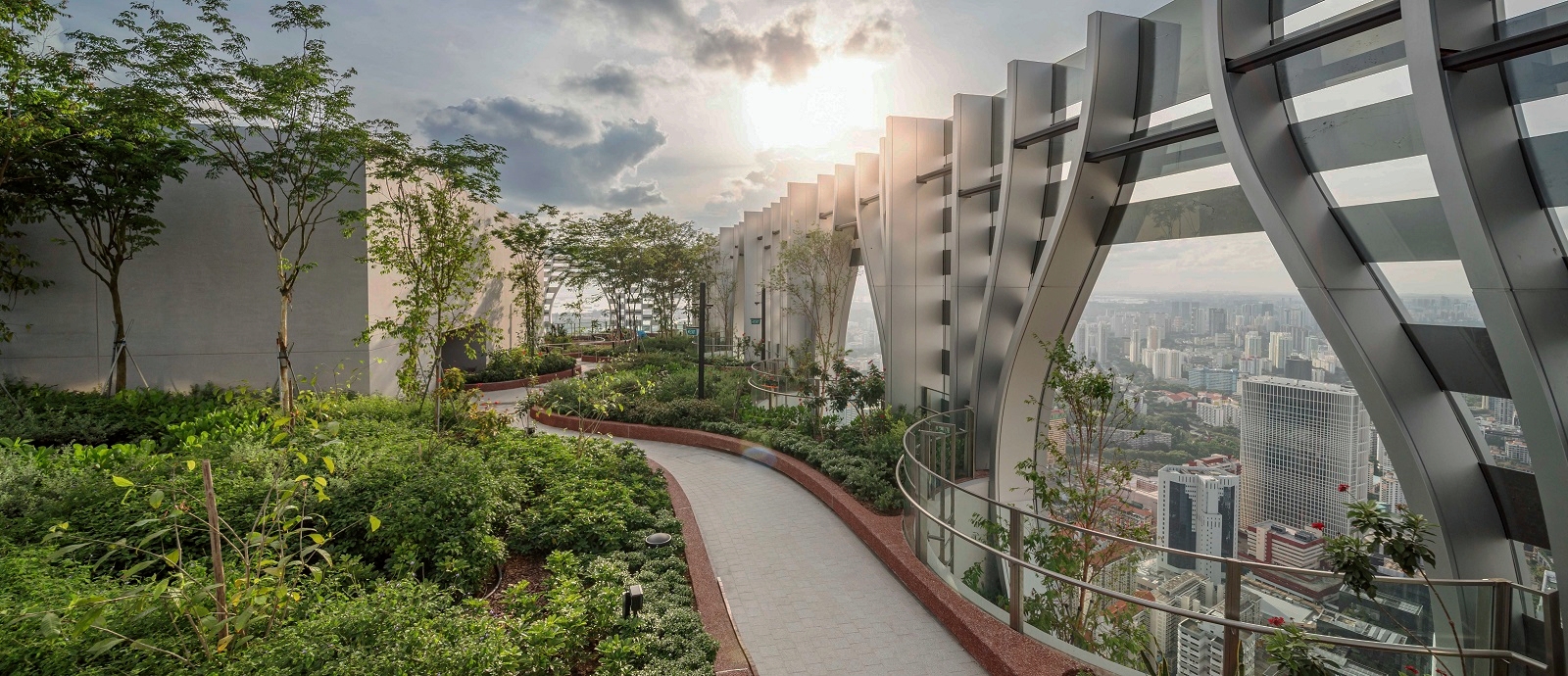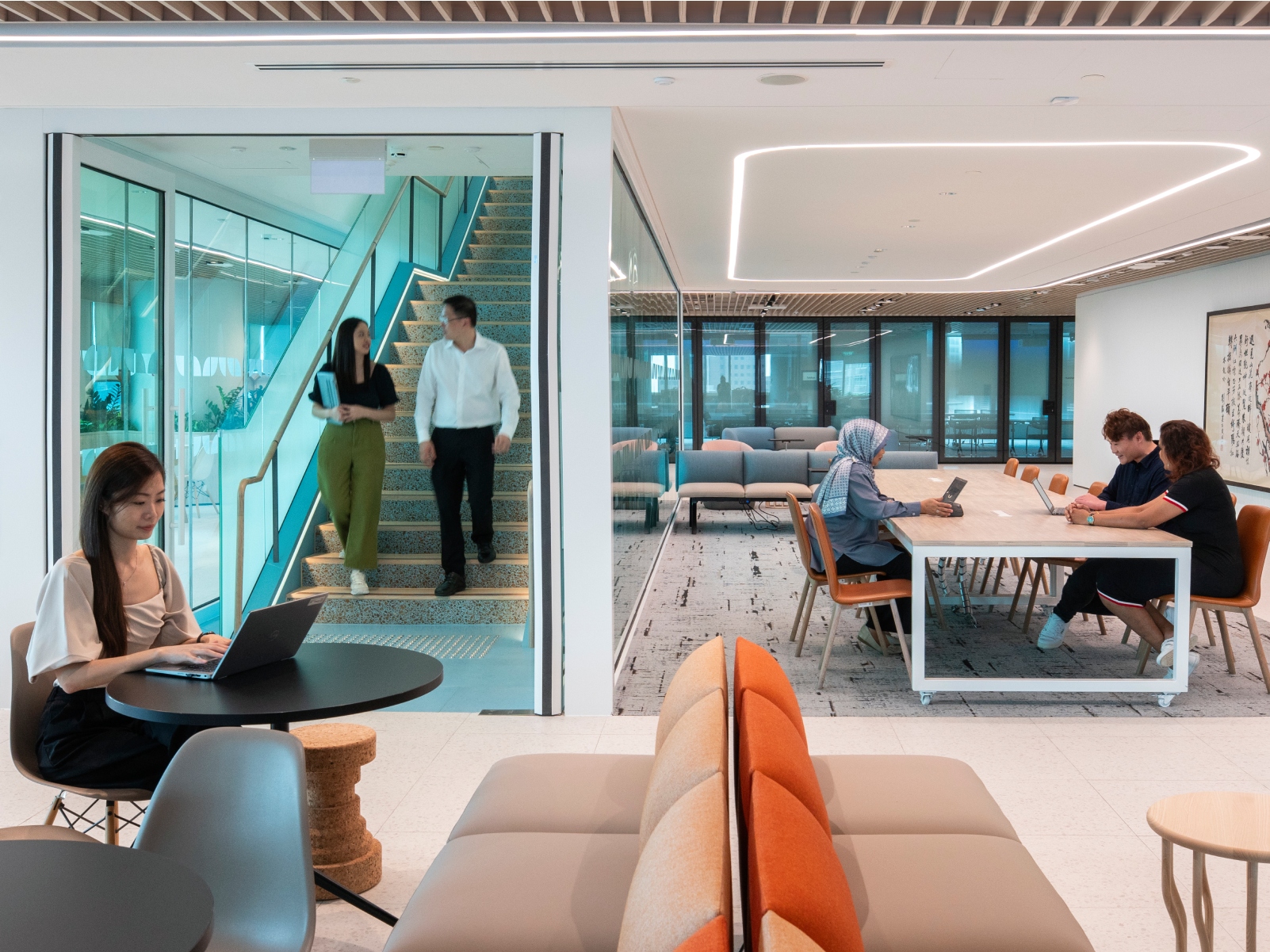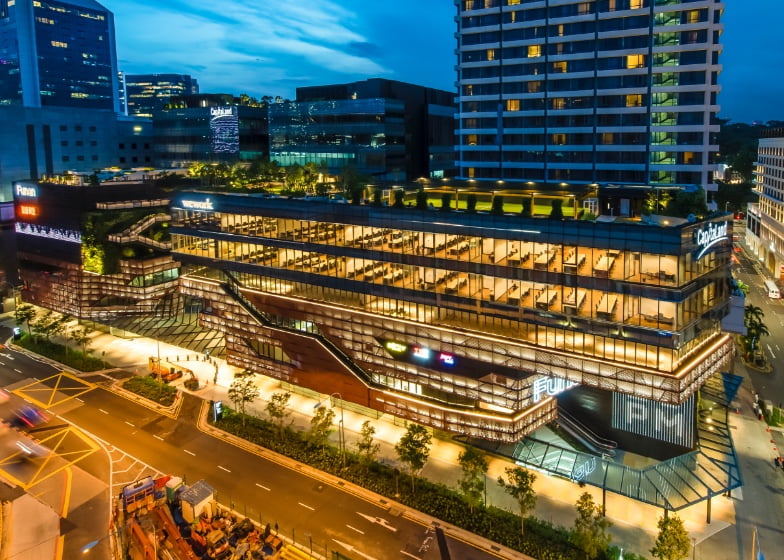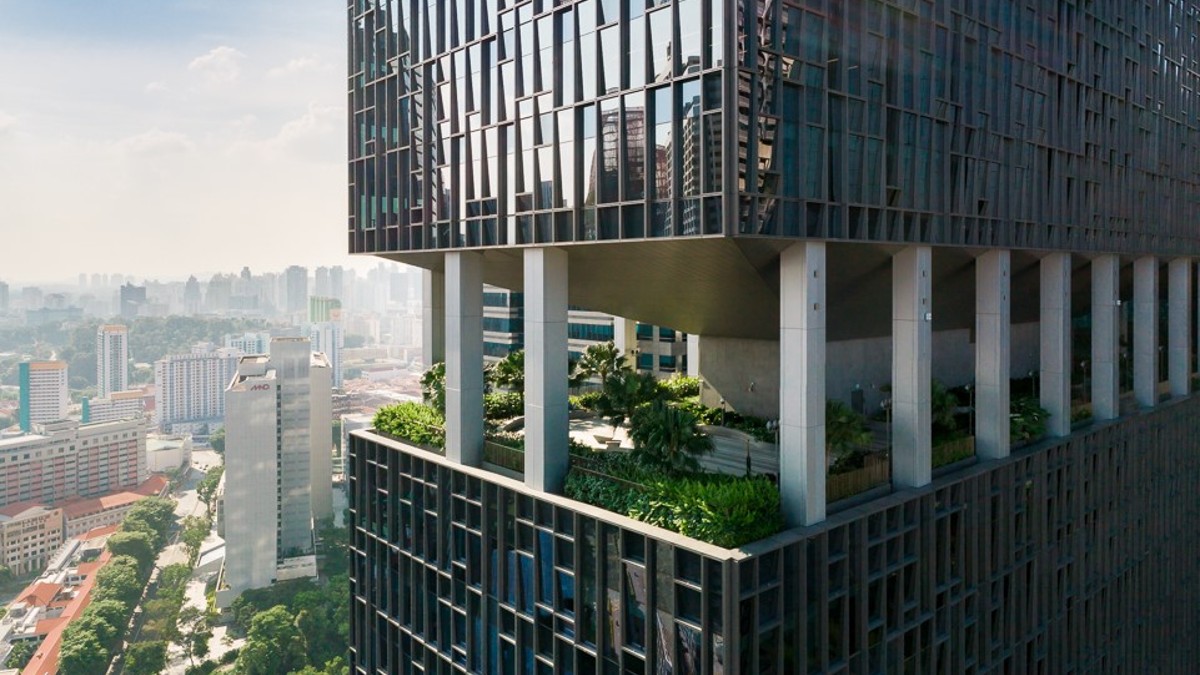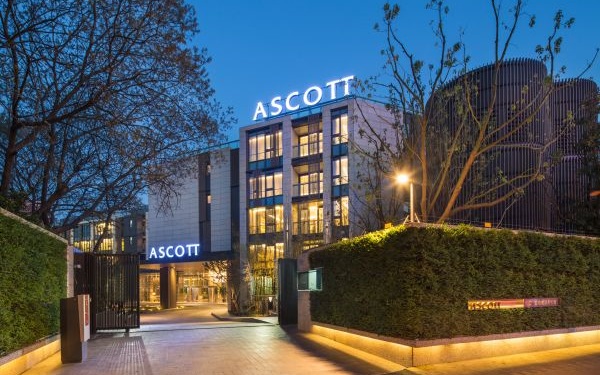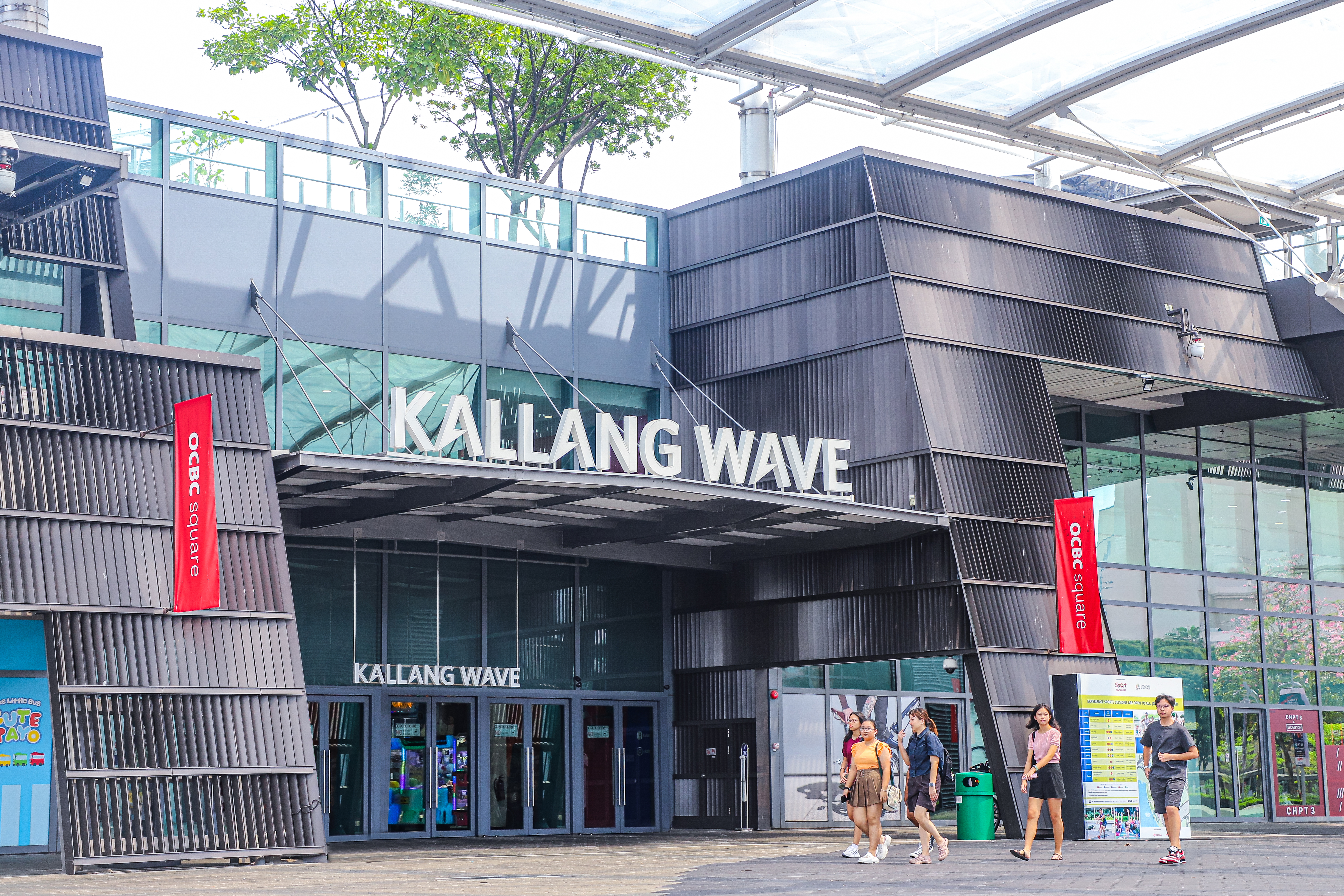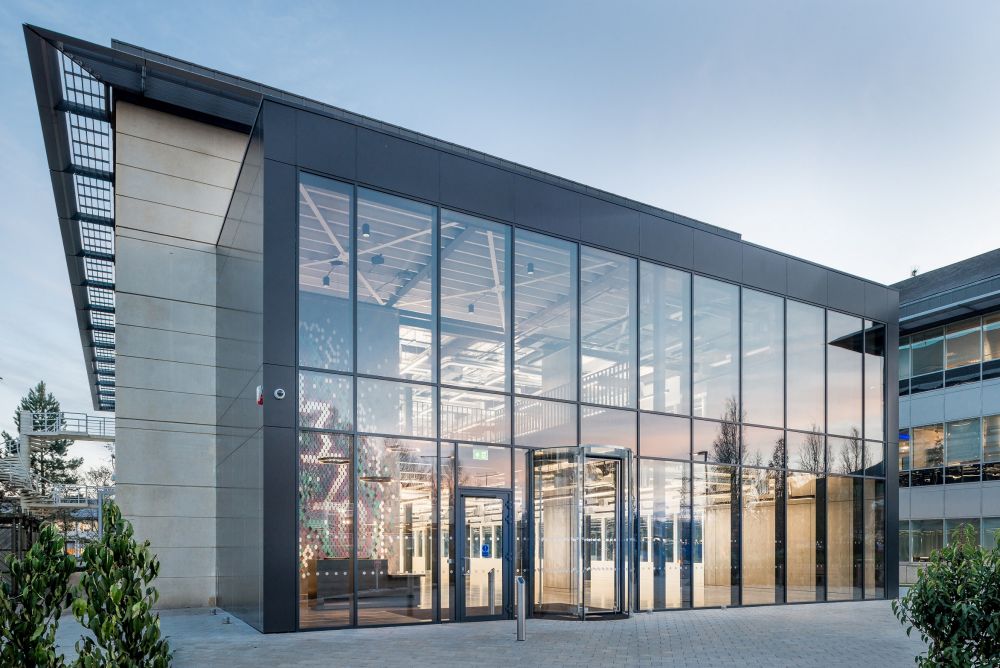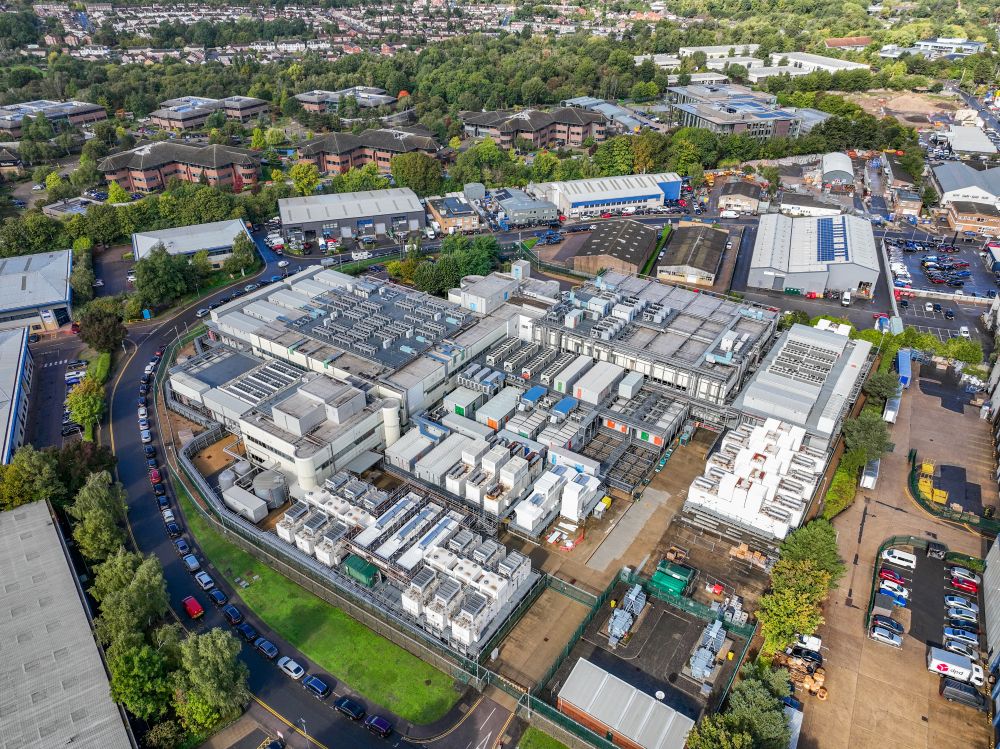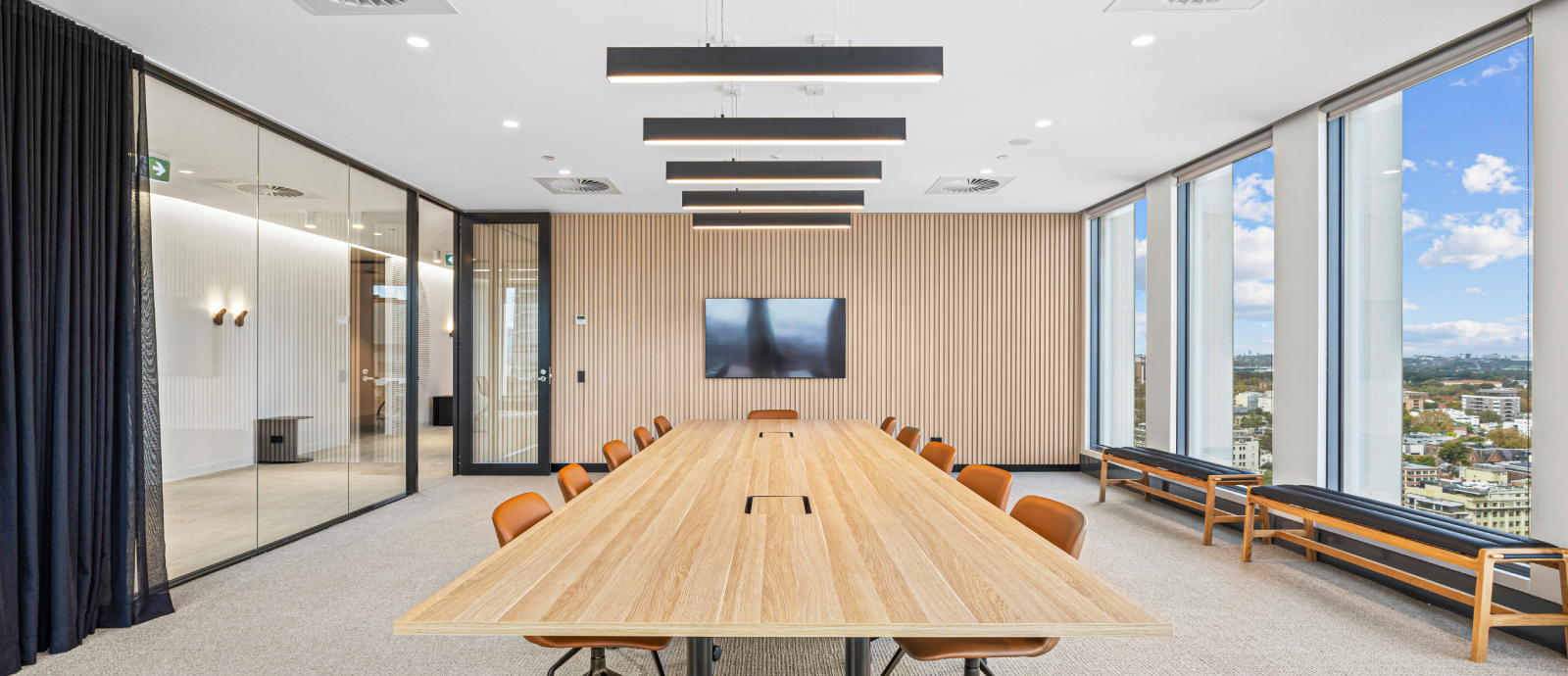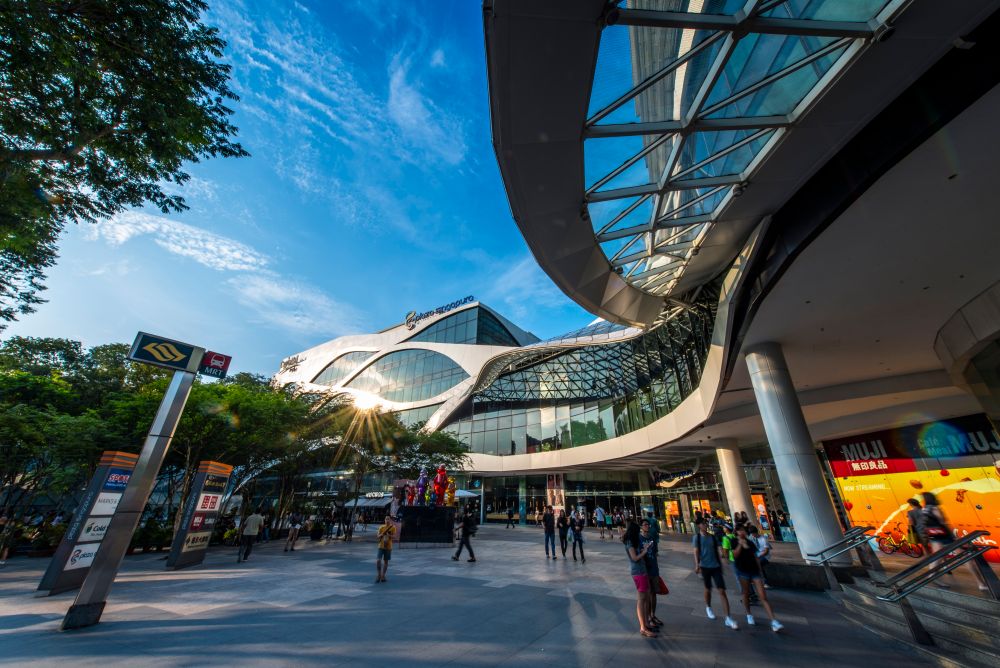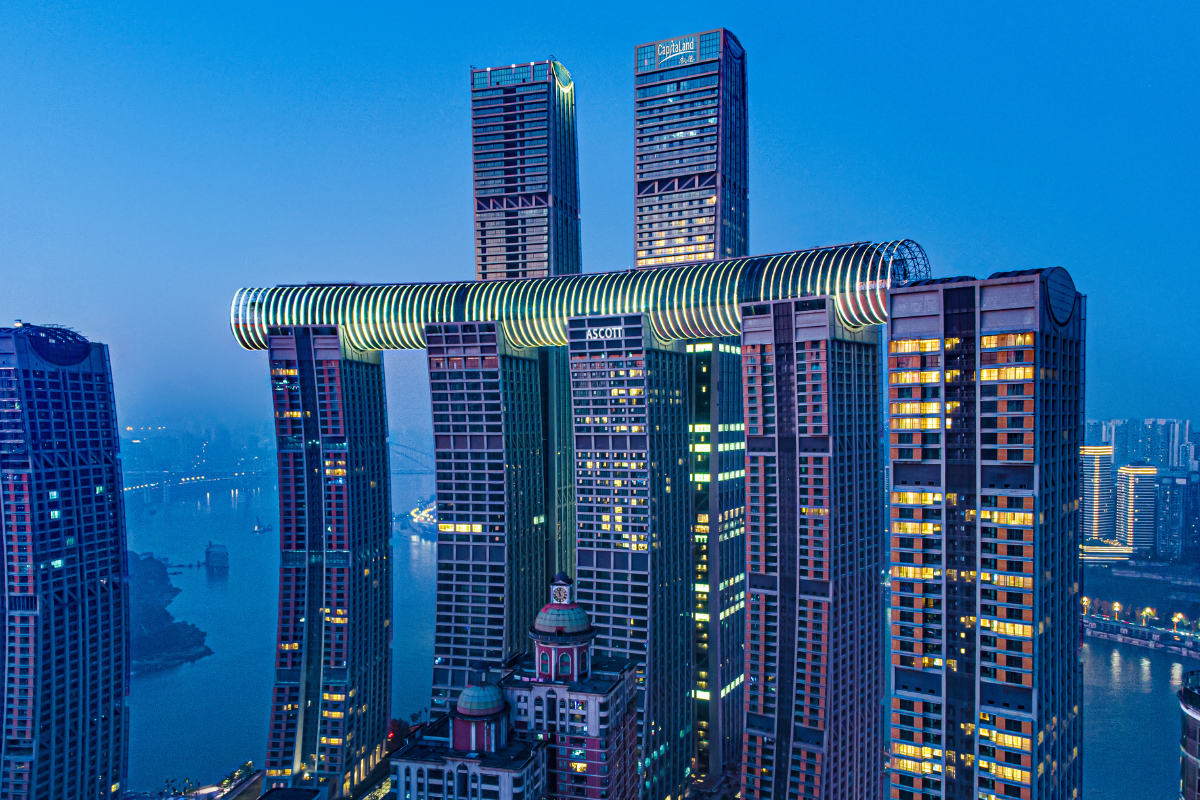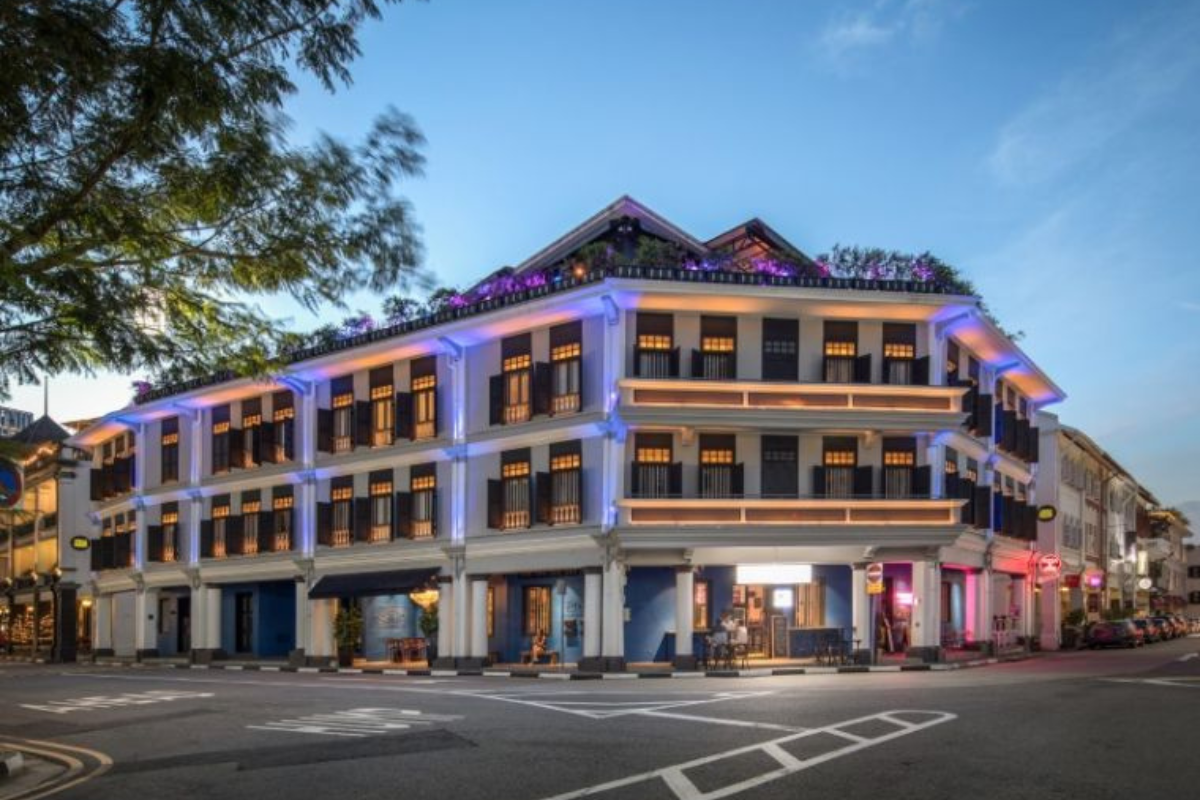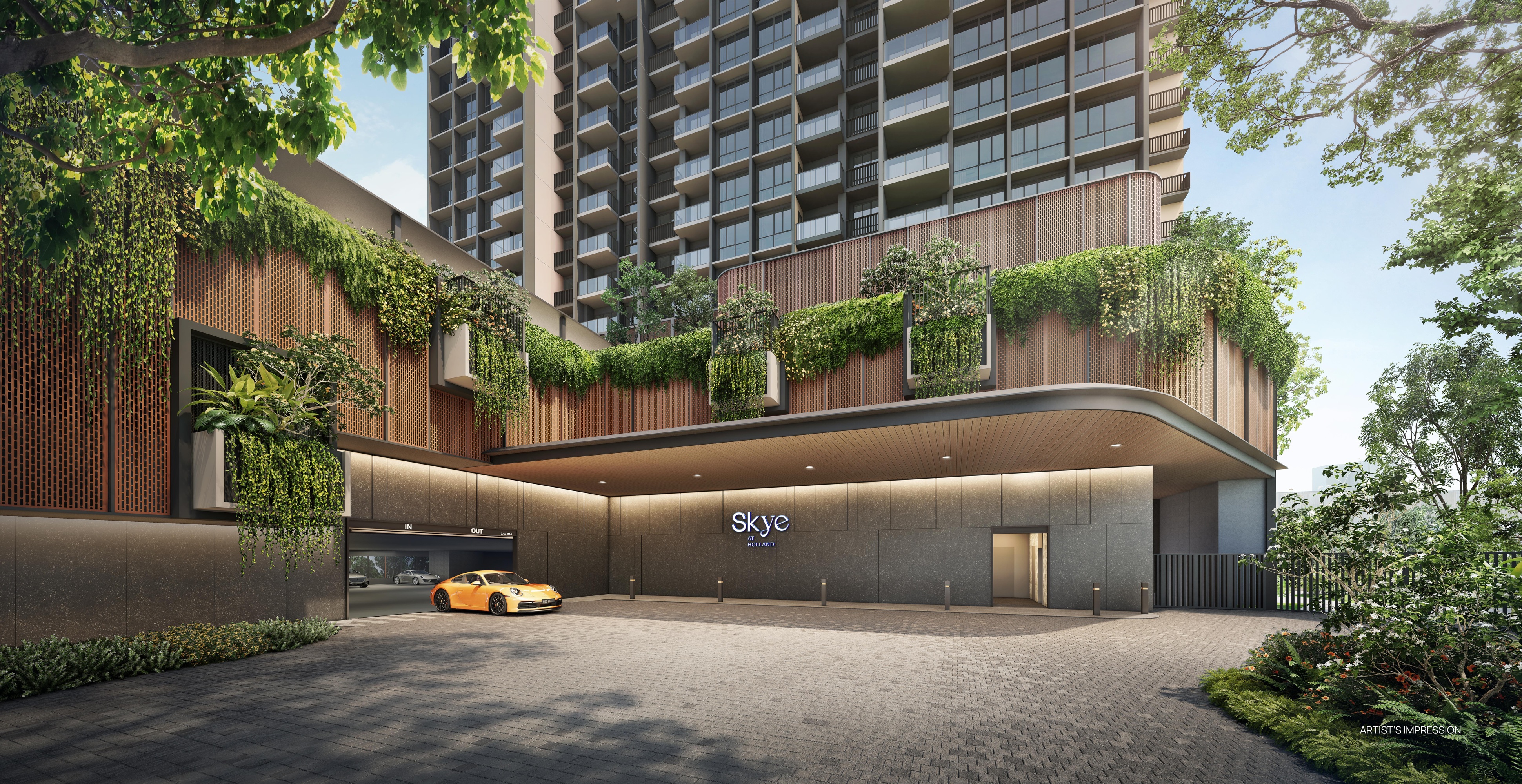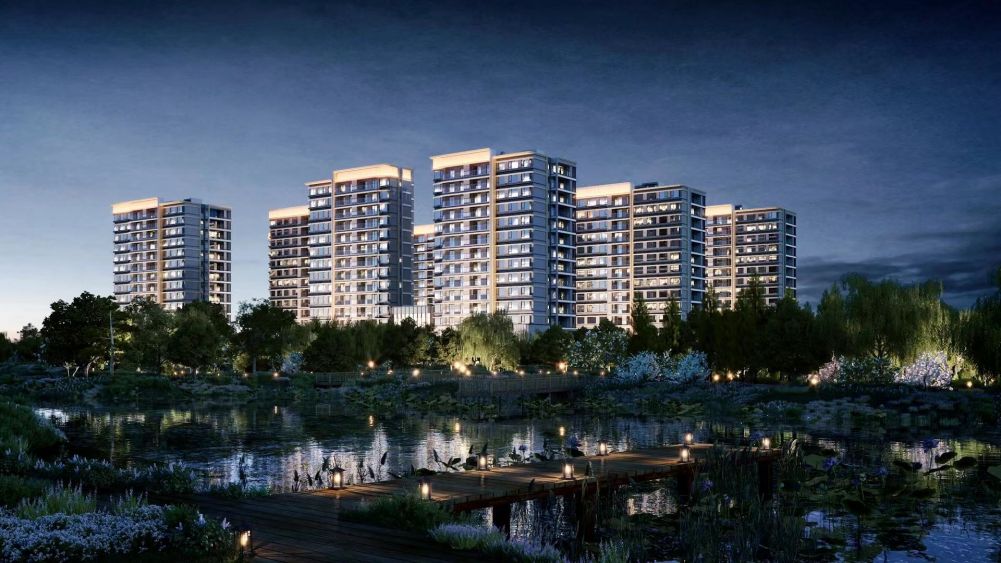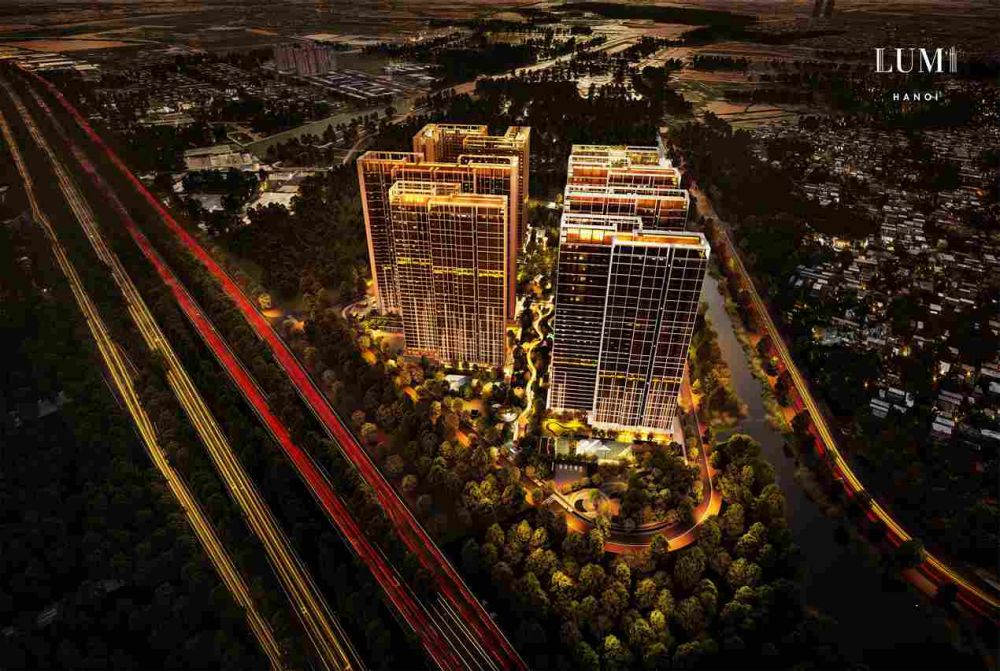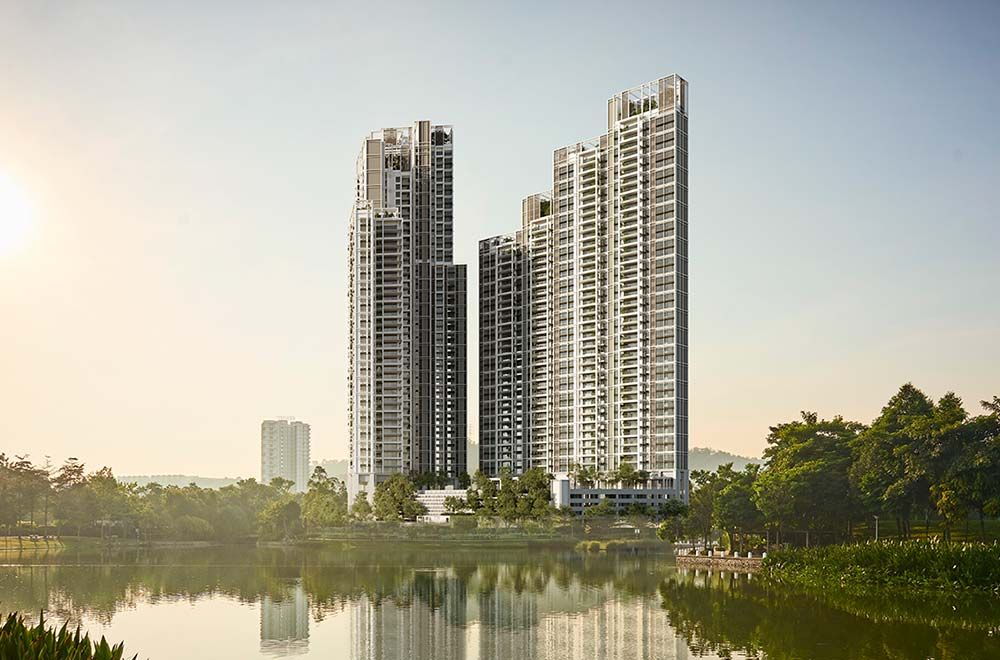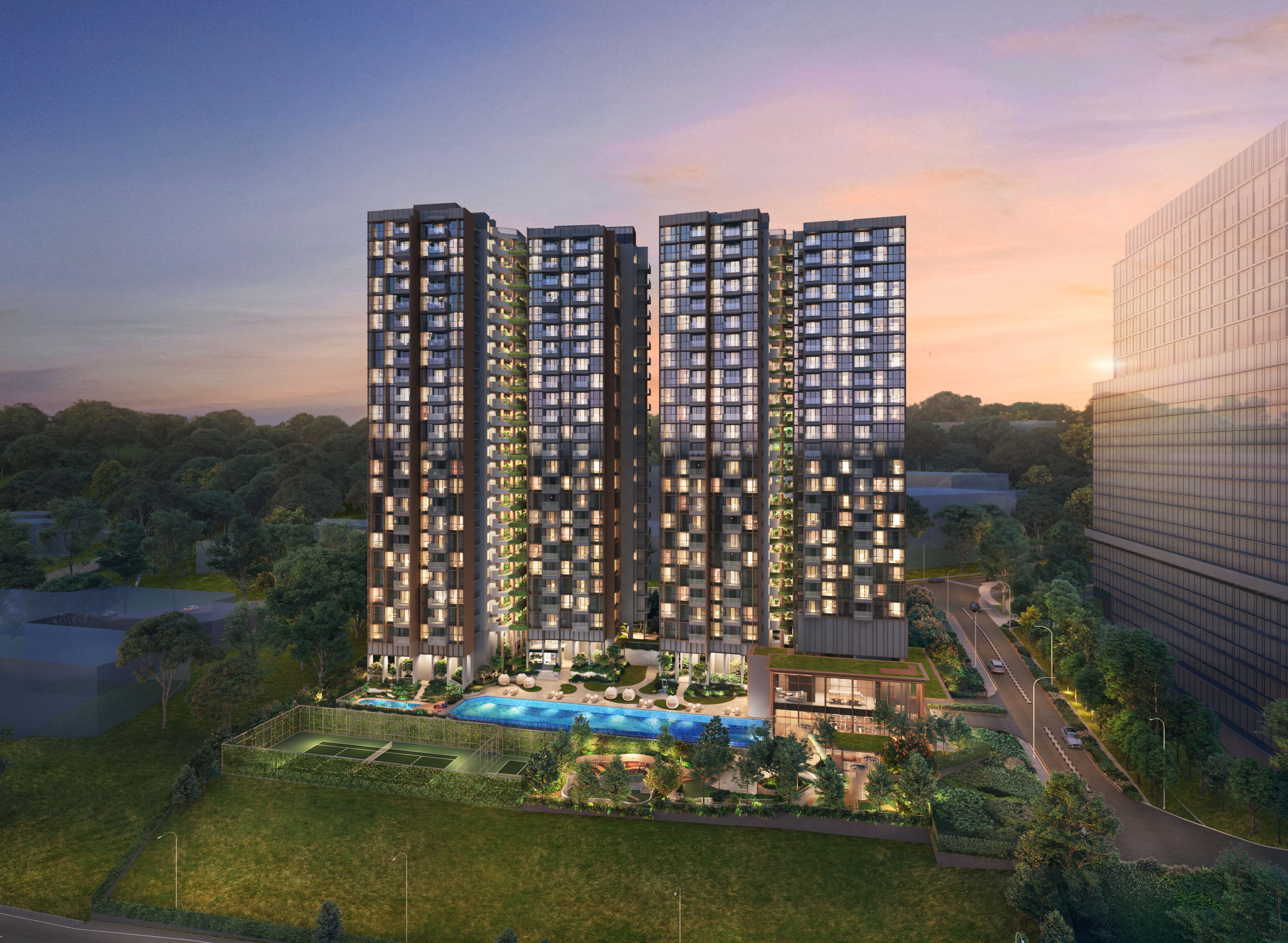News
Channel NewsAsia's Interview with Mr Ed Ng, President and Group CEO of DBS Land
Mr Ed Ng, President and Group CEO of DBS Land was interviewed by Jack Sung for Channel NewsAsia's Business Tonight and Corporate Watch on 19 May 2000.
Corporate Watch is a weekly half-hour long programme on Channel NewsAsia focusing on listed companies in Singapore and the Asian region. It profiles two companies each week and features interviews with the companies' top management as well as fund managers and stock analysts. Please see below for the edited transcript of the interview with Mr Ed Ng.
Episode 42 (19/5/2000) Company Watch DBS Land
Just when property giant DBS Land was getting back on track, returning to the black with $210 million profits, there came a list of high-profile resignations.
This came in the wake of news that another GLC property developer Pidemco Land was buying a 24.9 percent stake in DBS Land.
Its new chief, ex-Army Scholar Ed Ng has already stabilised DBS Land's management outflow, and is now in the middle of joint-review talks with Pidemco Land.
DBS Land is a property developer with a highly diversified portfolio of interests including investment properties, hotels, serviced apartments and healthcare.
Over time, DBS Land has de-emphasised its property investment with three securitizations to date, freeing up close to $1.2 billion in cash proceeds.
In the process, it created higher yields on its assets, allowing the group to adopt an aggressive land-banking program last year.
However, DBS Land's 16.8 percent stake of Parkway Holdings, Singapore's largest private healthcare provider may be under threat.
"DBS Land had in the past viewed healthcare as a core competency. Currently, I'm evaluating with my key managers as to what core competencies we have in this particular area and we have not decided what we should do with Parkway yet."
(Mr Ed Ng, President & Group CEO, DBS Land)
This is one of the many waves that Mr Ng will be making in his new post.
Said Mr Ng: "I have this operative assumption that the best ideas lies with someone somewhere and my operational compulsion is to find that particular person with the best idea, learn it and act on it quickly."
For worried investors out there, what remains is the focus on shareholder value creation.
According to Mr Ng, there are many ways to improve yields.
"You either go into the high service content business or try trading strategy or you can look at the pure financial play, the background of which I came from, look at properties and through creative financial restructuring, you can increase yields," he said.
Currently, over 72 percent of revenue still come from property development with 16 percent in property investment. Its hospitality operations make up the rest. The attraction of the high service content is having a more stable and recurring income, while reducing the amount of capital required.
Under DBS Land's hotel arm, is the prestigious Raffles Hotel branding and Ascott, which represents its serviced apartments.
The aim is to leverage on the branding to create service contracts, either as a third party provider or acquiring minority stakes.
"I'm more excited about prospects about hospitality than hotels because a lot of the major foreign players have not been that well entrenched in the market. You can start off fairly even keel as a result of the current stage in which hospitality is in right now."
(Mr Yeo Wei Kwong, Senior Investment / Analyst, Fraser-AMMB Research)
As for the mainstay of the business, the group looks set to slow down on residential land acquisition after having expanded its landbank by over three times or 2.4 million square feet.
According to Mr Yeo, DBS Land had decided to take advantage of the recovery process in its infancy, to pick-up bargains in the market.
Said Mr Ng: "Our current landbank is about 4 million square feet. Our average acquisition cost of this land is below $500 per square foot. We have a great deal of potential to develop the land."
DBS Land is bullish about a recovery of the residential property market in the second half of this year and is lining up to launch four new projects.
Said Mr Yeo: "Going forward, they have to find an equilibrium in the number of units they can sell in the market, and try to stagger the existing land bank over a longer period of time to take advantage of price rises in the market."
In order to narrow the gap with Singapore's largest freehold landowner City Development, DBS Land and Pidemco Land will be working more closely together.
Pidemco's parent ST Properties recently paid close to a billion dollars for a 24.9 percent stake in DBS Land.
Combined, they boast total assets of close to $16 billion, compared to CityDev's $10 billion.
Said Mr Ng: "There is so much more joint synergy between DBS Land and Pidemco Land, for example savings in bulk purchases on projects. Another example is savings on advertising and promotions for joint retail centres. In terms of going out to the market, we could acquire commercial buildings jointly, as we've bigger resources between the two groups."
Analysts have been throwing up numerous permutations with the new powerhouse:
Pidemco's assets could reverse into DBS Land in lieu of shares, effectively a back-door listing for Pidemco Land.
Two of its largest listed hospitality companies in Singapore could become a mega-serviced apartment operator.
There is also the respective group's healthcare businesses.
Said Mr Yeo: "If this results in a bigger entity in the future, you can have a company that may be able to take-on the likes of CityDev and Far East. However, that really depends on the strategies that they take on, that's very critical for the next two to three years."
Said Mr Ng: "It's inevitable that we compete. I see more room for alliance and collaboration on joint projects. At the end of the day, we want to see the whole business pie growing, to me its not a zero sum game."
Outside the fixed pie in Singapore, DBS Land has cast its net further afield.
DBS Land subsidiary Australand, one of the largest housing developers in Australia is a major money-spinner, earning almost a quarter of group earnings.
Said Mr Ng: "We have a very successful real estate business in Australia, likewise in China, prospects in Malaysia are good. At the end of the day, we want to be a leading regional property player. To do so, it has to be incremental in our strategy. We will develop, buy assets, buy companies or have joint ventures with leading players."
Last year, the group beat the consensus estimate with $210 million profit on the back of sales of $1.4 billion.
According to the Barra Global Estimates, profits for 2000 should rise by another 11 percent to $234 million.
Mr Yeo foresees that DBS Land's current strategy if maintained will allow them to yield 12 percent.
He rates the stock with the best of the property companies in Singapore, based on what its done so far, its strategy, and structure.
His valuation for the company would be $3.50 on a 12-month perspective.
The traditional premium vis a vis its peer group such as Allgreen and even Keppel Land has diminished owing to the stock's under-performance.
Fair value for DBS Land is placed at 3.33, translating to a 32 percent discount at present value.
The stock saw its lowest point in September '98 at 89.
It gradually climbed to a 52 week high of 3.86.
Since then, the stock has been hovering below the 2-50 level.
On a price earnings basis, DBS Land is certainly the most attractive of the lot.
All this makes for a compelling story on a property developer that is perhaps the most proactive in seeking higher returns from its assets and capital base.
Market watchers out there are only waiting with bated breath, for the outcome of the asset restructuring and reshuffling exercise at DBS Land.
(Video and transcript provided by Channel NewsAsia)

